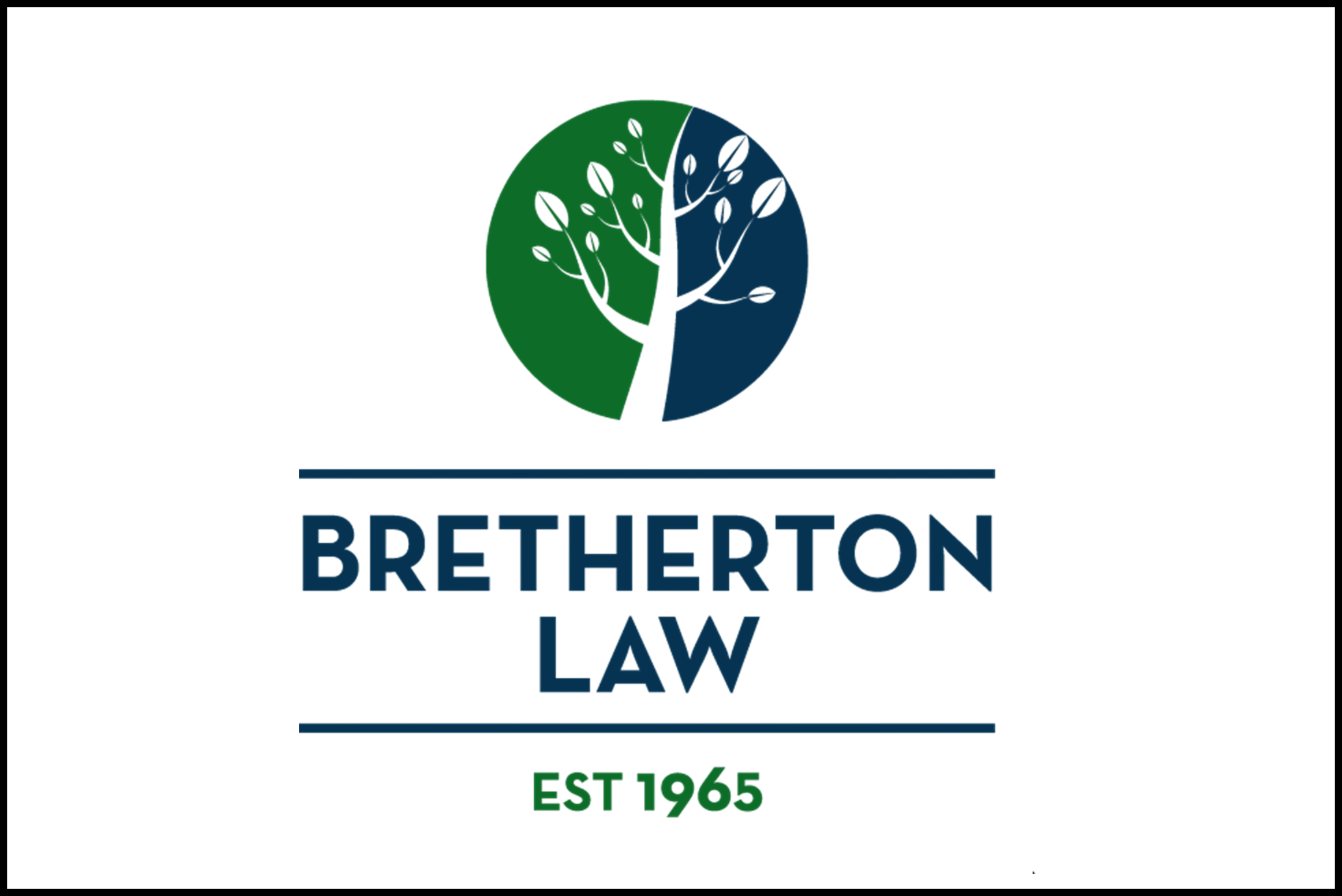According to a report published in July by Parliament’s Joint Committee on Human Rights it is essential that citizens have “adequate access to legal information, advice and assistance for everyone at all income levels and in all areas of the country”.
The Legal Aid, Sentencing and Punishment of Offenders Act 2012 (LASPO) removed significant funding for legal advice on issues such as housing and family law, leading to Law Society claims that “squeezing the legal aid budget has left vast numbers in Britain unable to assert their rights – including the most vulnerable people.” Commenting on the Committee’s report, the Law Society further claims that “large parts of England and Wales are becoming “legal aid deserts”, as solicitors are forced to withdraw from providing legal aid services because they can no longer afford to do the work.”
The government is undertaking a review of the LASPO Act and the Joint Committee on Human Rights has published a number of recommendations which it urges the government to consider. Under their heading “The damaging effects of legal aid reform”, these include:
- look again at the financial eligibility criteria with a view to widening access to a larger proportion of the population. At the least, it should consider extending the passporting of those on welfare benefits
- consider how to remove barriers to accessing Exceptional Case Funding where this is needed to secure effective enforcement of human rights. This should include ensuring simplification of the application process, and access to legal advice and assistance (legally aid funded where necessary) to navigate complex legal process forms
- 3. consider the impact of the increased number of Litigants in Person (those representing themselves in court without a solicitor) in the LASPO review and the impact that this is having on access to justice in those individual cases, but also the burdens on the justice system more generally
- urgently resolve the question of how legal aid for discrimination and education matters will be made available from September 2018
- consider whether further amendments are necessary to evidential requirements for access to legal aid funding to ensure that women who have experienced domestic violence are able to access legal aid
- examine the reasons for the low uptake of ECF (Exceptional Case Funding) in private family law cases, the impact of this on families’ abilities to secure effective access to justice, and whether the Courts are able to act consistently in the best interest of children, when individuals are not represented
Bretherton Law has been serving the people of Hertfordshire for over 50 years, and we are proud to support the more vulnerable members of society by continuing to offer legal aid for family matters when eligible. Call us on 01727 869293 or visit our website https://brethertonlaw.co.uk/ for honest, professional advice from our experienced Family Law team.






